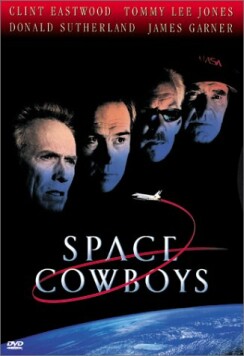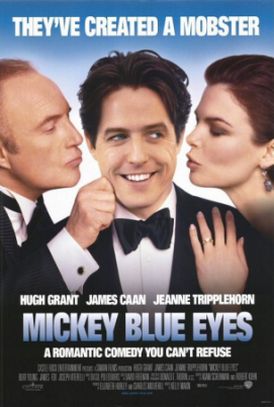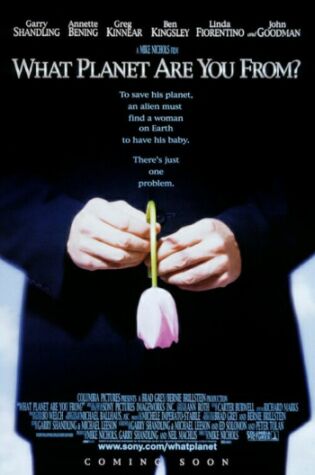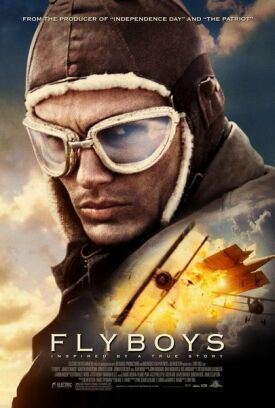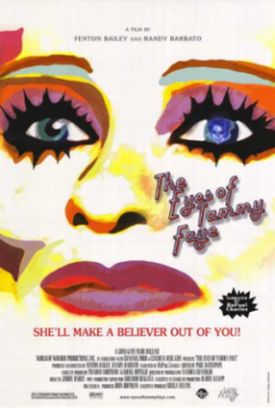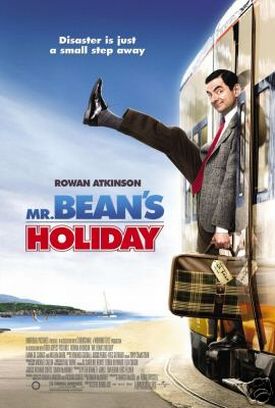Space Cowboys
At one point in Space Cowboys, William “Hawk” Hawkins (Tommy Lee
Jones) says to Frank Corvin (Clint Eastwood): “Old Age just brings out more of
the Frank in you, Frank” The same could be said of Eastwood himself. Like pretty
much all of the films he has been unwise enough to try directing, this one goes
straight for the cliché cupboard. And the cliché that Clint most
enjoys affectionately fingering — and quite possibly the one that his fans
will never get tired of — is the one that he is most familiar with and that
he has been working and re-working since his days as a star of Sergio Leone’s
spaghetti-Westerns. This is the cliché of the tall stranger, a lone,
rangy, tight-lipped character who is persuaded (with difficulty) to save an
ungrateful and corrupt community which has got itself into a mess.
In this case the community is a corrupt and bureaucratic government dominated
by sleazy careerists trying to cover their posteriors. As Frank Corvin, a
now-ageing astronaut bumped from the space program 40 years ago as a public
relations exercise by a chimpanzee, Clint’s principal antagonist is Col. Bob
Gerson (James Cromwell), the man who thought up the PR gimmick and so denied him
his chance in space. Frank is not the forgiving and forgetting type, and the
Air Force must not like Gerson very much either, as he has apparently been a
colonel for 40 years. But we connoisseurs of the cliché know that he is
only there as the representative of the corrupt bureaucracy, a man who will
screw up royally and have to be bailed out by the outsider who regards — and
is regarded by — the system with contempt.
And sure enough, Col Bob has a problem. A Russian communications satellite
with (inexplicably) an American design, is about to fall to earth and, as the
rather comic little Russian general played by Rade Serbedzija explains it, “a
communications failure could plunge us into chaos, and perhaps civil war.” Frank
Corvin, who nowadays is having a little trouble getting his garage door-opener
installed, designed the satellite’s guidance system back in 1969 and now, as
“the only engineer proficient in such obsolete technology,” he is said to be the
one man on earth who can fix it. He insists that he will only go into space to
do so if he can have his old astronaut team from 1958—which includes, in
addition to Hawk Hawkins, Jerry O’Neil (Donald Sutherland) and Tank Sullivan
(James Garner) — go with him.
“I don’t know how to break this to you, Frank,” says Gerson, “but you’re an
old man.”
“This old man is the only hope you’ve got,” he tells him. “You sent Glenn up,
didn’t you?”
“I can’t send up a spaceship full of geriatrics!”
“The clock’s ticking, Bob, and I’m only getting older.”
So of course, the spaceship full of geriatrics has to go. In other words, the
film’s premiss is unbelievable not on just one but on several points at once.
Why are the oldies the only guys who can do the job? How are we to suppose it
possible that men who must be around 70 can all pass a fitness test designed for
men 40 years younger? Why on the vague and unbelievable promise that the
satellite’s fall will lead to a Russian Civil War does NASA spend (presumably)
billions on a mission like this one for a foreign power — and apparently
without any political debate? And when one of these questions is answered with a
big revelation which I forbear to disclose, the implausibilities only multiply.
How could a secret like this have been kept, or been expected to remain a secret
even after Frank gets a close look at the satellite? Amidst so many improbable
assumptions, the movie’s attempt to portray James Garner as a fundamentalist
preacher in Oklahoma goes almost unnoticed.
But forget all these unlikely truths and concentrate on the one undoubted
lie. For there is another cliché at work here too: the summer
crowd-pleasing reaffirmation of the almost instinctive American belief that
you’re only as old as you feel. Frank insists that if he didn’t think he was
every bit as spry as a man several decades younger he wouldn’t go near this
mission, which shows us that he’s either a liar or a fool. But audiences will
resolutely refuse to notice the fact because they want to believe as Frank does,
or claims to do, that the years do not matter. Space Cowboys is thus a
sort of age-inverted version of X-men: a fantasy of empowerment for
geriatrics rather than adolescents. Both are daughter-fantasies of the great
Hollywood mother-fantasy that we are used to seeing again and again during these
long, hot summers: that you can be a kid forever.
“I have never met a kid who didn’t want to be an astronaut when he grows up,”
says Hawk’s love interest, played by Marcia Gay Harden.
“Did you ever meet a kid who wouldn’t grow up?” says one of the senescent
astronauts.
Nowadays the better question would be: have we ever met one that would?
Clint gets to have it both ways too because, while remaining a kid both
physically and mentally, he gets to keep the old man’s feeling of superiority to
the young whippersnapper who does everything by the book and who is therefore a
representative of that “system” that he has been so monotonously bucking his
whole career. The whippersnapper on this occasion is one Ethan Glance (Loren
Dean), and he turns out to be a mole working for the deceitful Col Bob Gerson.
Obviously, he has to be taught a lesson, including the lesson that all his
technical accomplishment is worthless next to the old guys’ old-guy sagacity.
“I’ve got two masters’ degrees from M.I.T.,” says Ethan angrily to Frank when
the latter speaks slightingly of his ability to understand the system that he,
Frank, designed.
“Maybe you should ask for your money back,” he says to him.
Maybe we should too.
Discover more from James Bowman
Subscribe to get the latest posts to your email.

